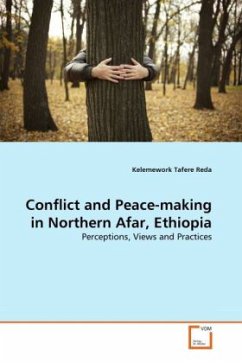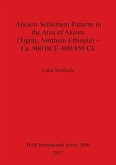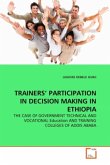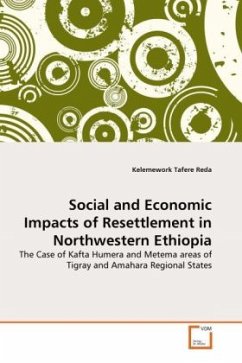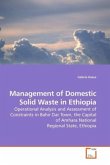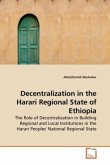Natural resource conflicts are common phenomena in pastoral and agro - pastoral areas of East Africa given the current developments in resource depletion and environmental degaradation . Ecological problems coupled with human factors (population density, settlment patterns and poor policy orientations ) have made pastoralists prone to recurrent droughts and famine. Competition over grazing land, water points and territorial disputes have resulted in violent inter -group conflicts and the resultant loss of life and property wreckage in the past several decades. The Afar people of northern Ethiopia have also passed through turbulent periods of unrest and economic Quagmire. This book is about local perceptions of conflict in Afar and the salient traditional practices employed by local people to mitigate them. It is hoped that the book will serve as a spring board for further studies on regional security and peace-building in the African continent.
Bitte wählen Sie Ihr Anliegen aus.
Rechnungen
Retourenschein anfordern
Bestellstatus
Storno

